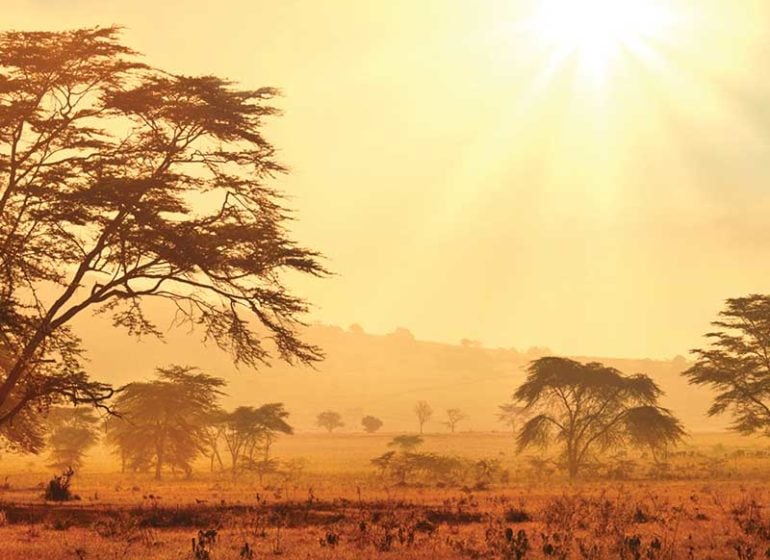Scientific research conducted by EU’s Joint Research Centre, Switzerland’s University of Geneva (UNIGE), and the University of Twente in Netherland, has predicted that deadly heatwaves could hit African city-dwellers in 2090.
According to them, one-third of Africa would be exposed to 40.6°C daily or city-dwellers would experience this heat for four months of the year if swift action is not taken to restrict urbanisation and improve the quality of rural life.
Published in the journal Earth’s Future, the research assessed a range of possible scenarios regarding the rate of climate change and socio-economic development in 173 African cities for 2030, 2060, and 2090.
It corroborated investigations with data from the Intergovernmental Panel on Climate Change (IPCC), on the basis of climate projections and future urban demographic data. They calculated the number of Africans exposed annually to temperatures above 40.6°C.
“The idea was to factor in all possible scenarios regarding climate change and urban population growth, the best and the worst, so we could find out what the future holds,” said Guillaume Rohat, a researcher at UNIGE.
“In the best scenario, 20 billion person-days will be affected in 2030 compared to 4.2 billion in 2010. This figure climbs to 45 billion in 2060 and reaches 86 billion in 2090.”
The worst possible scenario for the three years in focus, however, sees the number of affected people spiral up to 26 billion in 2030, and 95 billion in 2060, and 217 billion in 2090.
This they attributed to steep population increase, an explosion in urbanization and a disturbed climate amid a continuous increase in carbon dioxide.
Regardless of which of the hypotheses are selected, a drastic increase in the number of people affected by extreme temperatures on an annual basis, the researchers said, is inevitable if preventive measures are not taken.
Meanwhile, two-thirds of India is being gripped by a severe heatwave owing to clear skies and warm north-westerly winds, with many parts of the country breaking temperature records.
Copyright 2024 TheCable. All rights reserved. This material, and other digital content on this website, may not be reproduced, published, broadcast, rewritten or redistributed in whole or in part without prior express written permission from TheCable.
Follow us on twitter @Thecablestyle

